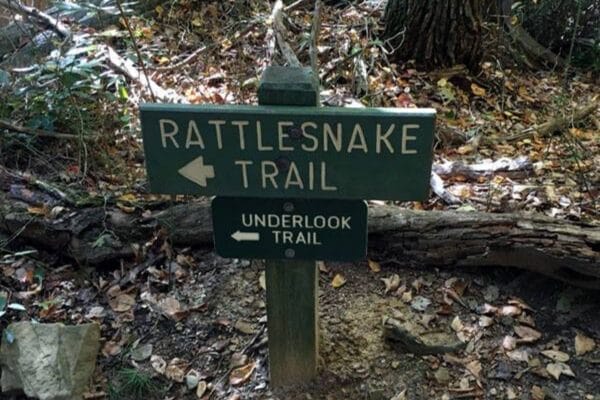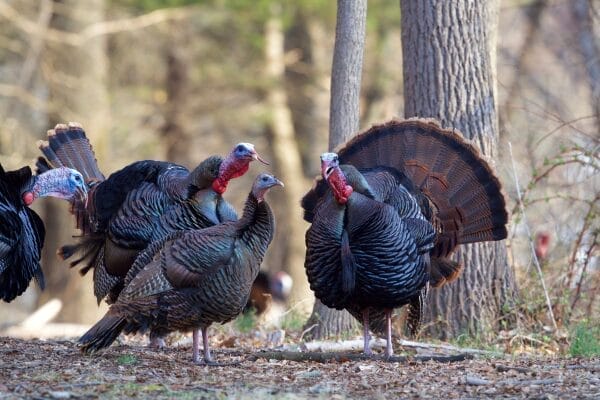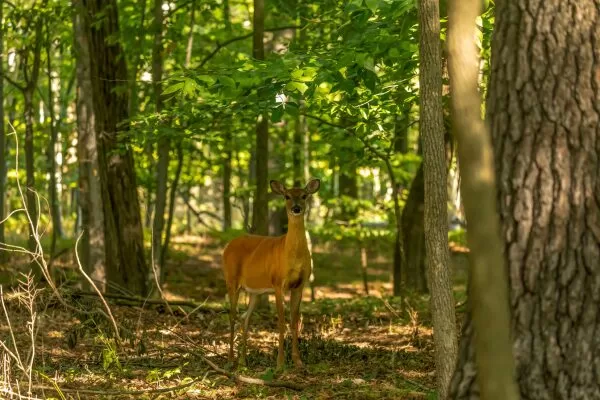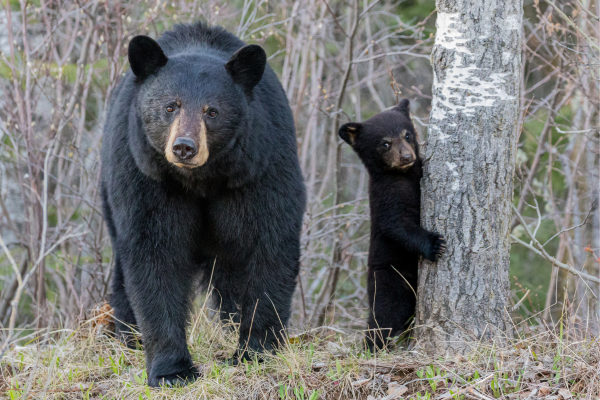
Celebrating Earth Day 2024 in West Virginia: Embracing Sustainable Outdoor Adventures
Earth Day 2024 is a reminder for us to celebrate and protect our planet, and as outdoor enthusiasts in West Virginia, we have a unique opportunity to embrace sustainability while enjoying the state’s natural wonders. At Country Roads Sporting Goods, we believe in promoting responsible outdoor practices that preserve the beauty of the Mountain State for generations to come.
The Earth is Our Home and Provider
As inhabitants of this incredible planet, it’s crucial to recognize that our well-being is intrinsically linked to the health of the Earth. The natural world provides us with essential resources like air, water, and soil that sustain life. However, these resources are not unlimited and can be depleted or degraded through human activities. It’s our responsibility to be mindful of our impact and act as good stewards of the environment.
Outdoor Adventures in Harmony with Nature
West Virginia offers a wide range of outdoor activities that allow you to immerse yourself in nature while practicing sustainability.
When hiking, follow the Leave No Trace principles by staying on marked paths, properly disposing of waste, and respecting wildlife. By minimizing your impact, you help preserve the natural beauty of areas like the Monongahela National Forest and the New River Gorge National Park and Preserve.
When camping, choose designated campsites and minimize your environmental impact by using reusable water bottles, properly disposing of waste, and following campfire regulations. Leave your campsite better than you found it to ensure that future campers can enjoy the same pristine experience.
For anglers, practicing catch-and-release fishing can help support fish populations, but it’s essential to recognize that the effectiveness of this practice may vary depending on factors such as fish species, water temperature, and handling techniques. Using eco-friendly gear, such as lead-free weights and biodegradable lures, can also reduce your impact on aquatic ecosystems.
Hunters can contribute to conservation efforts by adhering to hunting regulations, respecting bag limits, and properly disposing of animal remains.
Embracing Sustainability in Everyday Life
Beyond our outdoor pursuits, it’s essential to recognize the importance of individual actions in preserving the environment. Simple choices, such as using reusable containers and water bottles and supporting local conservation efforts, can make a significant difference in reducing our ecological footprint. For example, by using a reusable water bottle instead of disposable plastic ones, you can save up to 156 plastic bottles from ending up in landfills or oceans each year.
At CRSG, we are dedicated to promoting sustainable outdoor practices and encouraging our customers to be responsible stewards of the environment. By educating our community about the importance of minimizing our impact and seeking out eco-friendly product options, we aim to foster a culture of sustainability that extends beyond Earth Day.
Protecting the Earth for Future Generations
As we celebrate Earth Day, let’s remember that the planet we call home is a precious gift that we must cherish and protect for the sake of future generations. By being mindful of our actions and making sustainable choices, we can ensure that the natural wonders of West Virginia and beyond remain vibrant and thriving for years to come.
This Earth Day, let’s renew our commitment to being responsible stewards of the environment. Whether you’re exploring the great outdoors or making eco-friendly choices in your daily life, remember that every action counts. Together, we can create a more sustainable future and preserve the beauty of our planet for generations to come.
Happy Earth Day, West Virginia!




